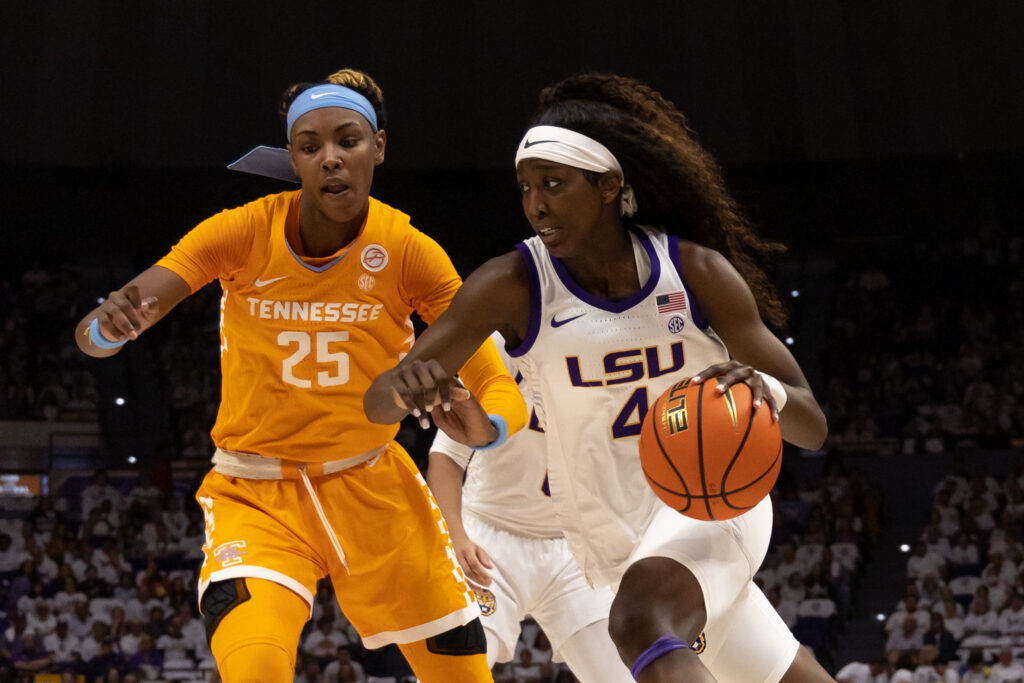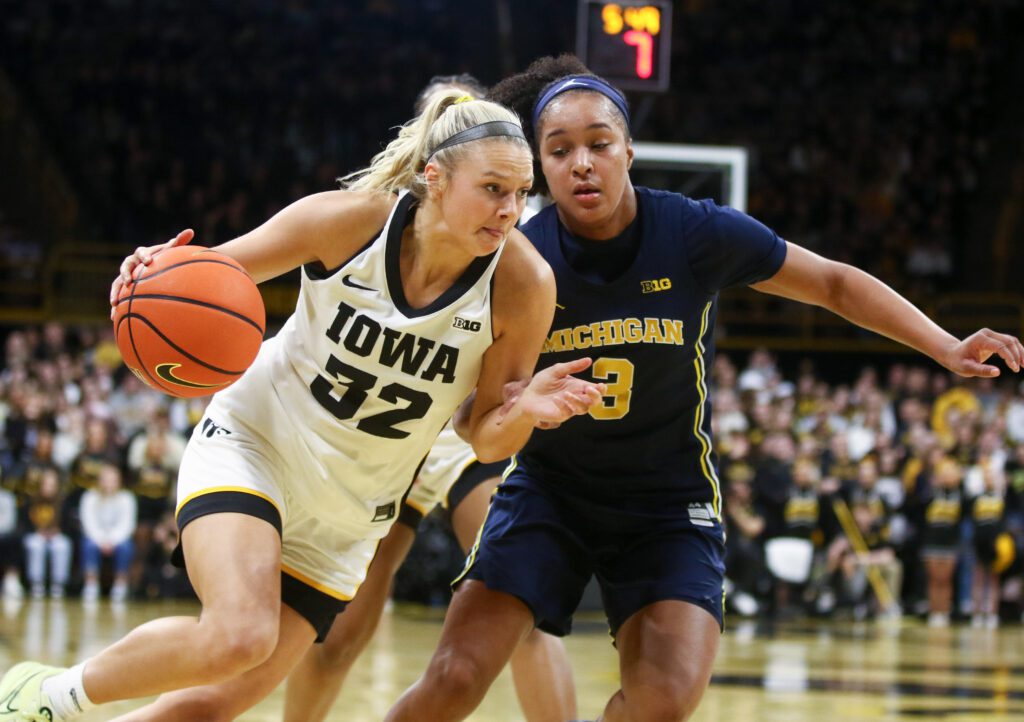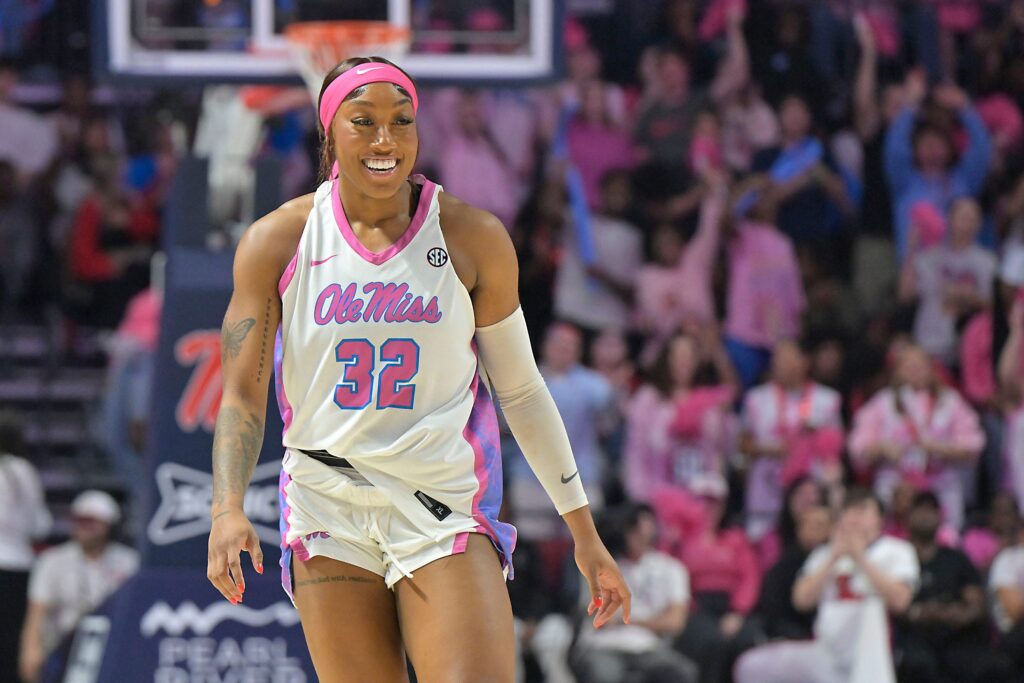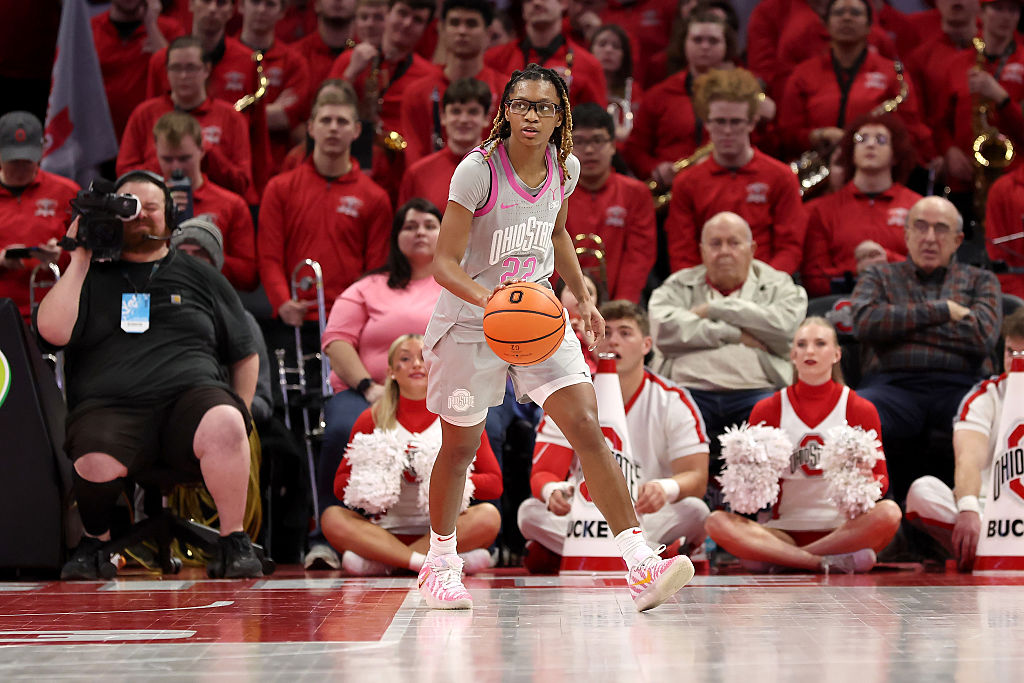Flau’jae Johnson is a trailblazer, on and off the court.
A well-known rapper who is also a prominent player for LSU basketball women’s basketball, Johnson signed an NIL deal with Puma to promote its shoes on her social media. But LSU has a multimillion-dollar contract with Nike.
While the conflicting sponsorship deals might seem complicated, the reality is fairly simple: Johnson still has to wear Nike shoes during games, practices and official public appearances. But on her own social media, she’s allowed to promote other brands.
Johnson isn’t the first athlete to sign such a deal. Rose Zhang, a golfer at Stanford, signed a deal with adidas last May, despite Stanford being sponsored by Nike. She is allowed to represent adidas on and off the course — whenever she is not competing for her university.
Still, the landscape of college athletics must adjust to this and similar NIL dilemmas.
“It feels good,” Johnson told the Wall Street Journal. “You feel like it’s trailblazing, you know?”
Announced A Puma Deal and Dropped A BTS Music Video In The Same Day.. Big4️⃣
— Flaujae 4️⃣ (@Flaujae) September 8, 2022
“Phenom” out now https://t.co/o6EEprRXxr pic.twitter.com/Vr12fZXRCV
LSU athletics chief brand officer Cody Worsham said that he hadn’t heard anything from Nike about Johnson’s deal. Johnson was offered by multiple shoe companies, including Air Jordan, but ultimately settled on Puma.
Sonny Vaccaro, who signed Michael Jordan to his first sneaker deal while at Nike, said that athletes shouldn’t be forced to bend to deals made by a school.
“You would think, looking at it, ‘Well, that’s fair.’ It’s not fair,” Vaccaro said. “Because the girl has a right to market her own body, her own image. It’s hers. She didn’t sign the contract with Nike or Adidas to wear at LSU or Notre Dame or any other school.”
And while Puma made the deal knowing that Johnson couldn’t wear its shoes during games, that doesn’t mean the company doesn’t want that to change.
Max Staiger, who heads up basketball at Puma, wishes Johnson could wear the brand on the court. But he thinks eventually the model could shift to one similar to that of the NBA, where players wear uniforms under a league-wide contract but have their own shoe deals.
“If I had to take a guess, I think the NIL world will eventually move towards what the professional leagues have,” he said.




